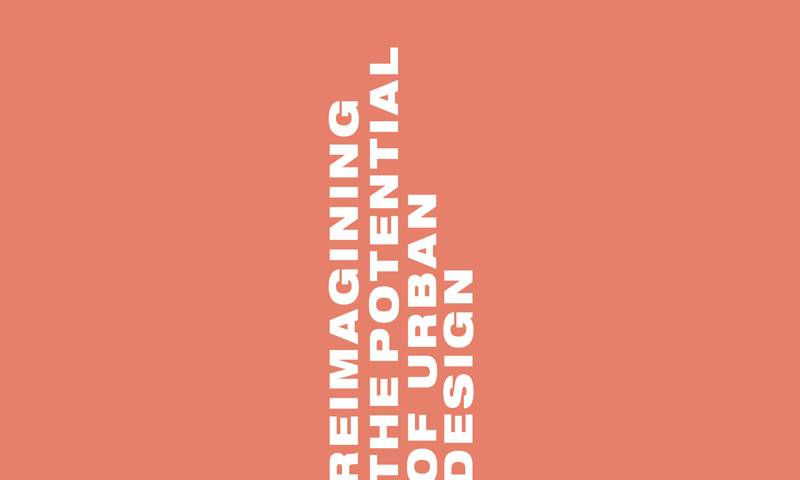Changing the ways in which we frame and intervene in the built environment requires a critical engagement with the political nature of the production of space.

Essay 09: Catalina Ortiz
Development Planning Unit
Urban design education has an imperative to address rising socio-spatial inequalities and the acute proliferation of disputes over urban space. This imperative requires examination of the assumptions about how cities operate, the agency of design and the sources of innovation in the city. Yet orthodox approaches to urban design education have instead been complicit in normalising the processes that deepen uneven urban development, the commodification of design practices and the production of space. When these trends prevail, universities lose the ability to influence the new generations of professionals able to shape “just” urbanisms.
“We frame cities in the global south as sites of innovation and our wide range of international students as an asset to engage in pluralist perspectives of city-making”
Global universities cannot preclude their role in contributing to educate ethical, socially sensitive and politically committed practitioners of the built environment. At the Development Planning Unit, where almost three quarters of graduate students come from outside the UK and the EU, the MSc Building in Urban Design and Development (BUDD) course explores alternative urban design pedagogies to tackle spatial challenges in global south cities. For us, the notion of “global south” offers a perspective, rather than a fixed geography, to understand variegated, uneven urban development patterns and the potential to transform them. We frame cities in the global south as sites of innovation and our wide range of international students as an asset to engage in pluralist perspectives of city-making.
In this context, how do we explore the agency of urban design while pushing the boundaries of the praxis? Our MSc BUDD urban intervention studio focuses on a comparative account of contested urban settings as an introductory phase to the central practice module. In these settings, territorial control is disputed and the configuration of borders is central for shaping the urban form and spatial narratives. Here’s an example: in conflict prone urban situations, urban design practices could operate as catalytic platforms for reconciliation between parties, helping to reclaim practices’ political relevance.
Our studio seeks to explore the agency of design in contrasting urban realities, focusing on an actor-oriented understanding of space production, to appeal to the multicultural background of the students and maximise the learning experience. While comparative urbanism has resurged in urban studies, the studio is pioneering in its use of this analytical approach to trigger spatial interventions across cities and re-imagine the potential of urban design.
Drawing on comparative urbanism scholarship, we use the notion of “trans-local explorations” as a research-based design tool. This tool instigates the understanding of the singularities of particular urban trajectories in tandem with the common patterns and trends of urban transformations across regions. Moreover, this approach enables us to dismantle preconceptions about how different actors shape space, while uncovering interconnectedness and conditions of possibility to frame spatial strategies of intervention.
Using the cities of Medellin in Colombia and Beirut in Lebanon, students devise relational urban interventions frameworks. Trans-local explorations in urban design studios enact possibilities to forge cosmopolitan practitioners thinking; simultaneously, strategies of spatial interventions become grounded in the principles of social and environmental justice. Thus, trans-local explorations become both a method of design inquiry and pedagogy for a collaborative and interdisciplinary praxis.
Changing the ways in which we frame and intervene in the built environment requires a critical engagement with the political nature of the production of space. Contemporary urban design practitioners often operate simultaneously in several regions. Using trans-local design frameworks to think across regions serves to frame the multiplicity of spatial agencies at work in each locality. Ultimately, exploring this approach aims at nurturing new spatial imaginations and future trans-local communities of progressive praxis, that weave new scales of solidarity among emerging urban design collectives.
Dr Catalina Ortiz is Co-director of the MSc Building and Urban Design at The Bartlett’s Development Planning Unit. catalina.ortiz@ucl.ac.uk
 Close
Close

